So You Want to Take a Gap Year
2017 Rocky grad Natalie Bradshaw plays with a child while volunteering during her gap year in Nicaragua. More students are pursuing a nontraditional path post-graduation. Contributed photo.
College is not for everyone.
While the majority of high school graduates immediately flock to higher education, pursuing an alternate option has become increasingly popular. Work, trade schools, and gap years are all options open to graduates.
2017 Rocky graduates Natalie Bradshaw and Audrey Guinn opened up about their experiences with taking gap years after high school.
Bradshaw, who was involved in cross country, track, DECA, Unified Cheerleading, and Connections Club while at Rocky, spent time in Nicaragua with other gap year students. She is transitioning into traditional college life and will attend CSU next year.
Guinn, a Student Council officer, tennis player, and member of orchestra, worked in an elementary school during her time in Germany and is currently deciding what her future will look like.
The two agreed to answer questions to explain their decisions and experiences with their gap year.
Callin: What are you currently doing and what is your plan now that you are back in the US?
Natalie Bradshaw: I am working full-time to save for school and volunteering around town for five months and then start school at CSU.
Audrey Guinn: My biggest goal is to start saving money because I didn’t do a great job of that during high school. I’m going to be taking classes at Front Range, and I’ve been doing a lot of college research. The plan is ultimately to go to college, get a degree, then get a job, but I’m still working on the details.
Why did you decide to take a gap year? Did you always plan on taking one?
N: I decided to take a gap year my junior year after going on a week-long mission trip to Nicaragua. When I returned home, I knew I wanted to go somewhere for service, but I didn’t know where. A few months later, a few of the girls from the trip started a gap year program to return [to Nicaragua] for seven months.
A: I decided to take a gap year really last minute. I’m not going to lie, I really had some issues that made high school challenging–I really struggled, especially towards the end of my senior year. When everyone started picking colleges, I just wasn’t ready to choose or make a commitment like that. The last thing I wanted was to waste a ton of money on something I wasn’t sure about yet. I decided to take a gap year because I needed time to figure out who I was and what I want in life.
What was the gap year experience like? What did you do?
N: The gap year experience was absolutely amazing. I learned and grew in so many ways that I wouldn’t until after college. In Nicaragua, I volunteered with the local library. Along with that, we each did “Personal Projects.” Each of us had the opportunity to seek out volunteer opportunities in areas we are passionate about. Mine was working with “Manos Unidos,” a group of handicapped workers that make bracelets, placemats, coasters, and bags out of recycled rice sacks. I helped implement an educational aspect to their program. I also had the opportunity to nanny a young girl with special needs, teach yoga, and volunteer at schools.
A: It was a lot harder than I expected. I had never left the US, and I didn’t really speak [German] so I was terrified. I spent the first month taking an intensive language course, which was a great experience. I made friends of every age from all over the world. After that, I did an internship where I was a classroom helper at a school. It was a special program with kids aged five to nine– the best part was they didn’t speak any English! That was hard but also fun [because they were] my most important teachers.
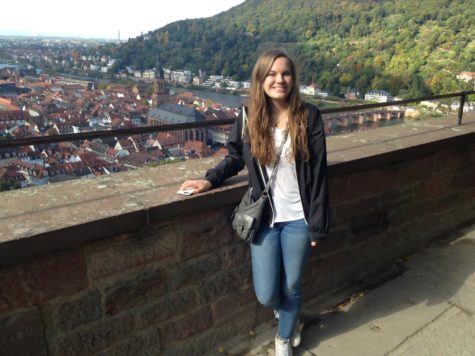
What was the hardest part about your time there? The easiest?
N: The hardest part about my time there was slowing down. I am used to and love the fast-paced lifestyle. Understanding that each day won’t be jam packed and busy was hard for me, but once I did, it was easy to [connect] with the people I worked with. The easiest was finding opportunity. For example, when the school in town did not have a program/resources to take on a student with special needs, they hired me to be her PARA.
A: I think the hardest part was definitely the language barrier. I’m very social and communicative, but without my words I felt really out of place. The easiest part was being with [the extended family I was with] and living with them their because of how loving and understanding they are.
What have you gained/learned from your experiences?
N: I have learned how to seek out my own opportunity through connecting with people and organizations, how to build healthy relationships, and how to work efficiently in any environment/circumstance.
A: I gained a lot of self confidence and independence. I had to learn to travel and do things alone. The most important thing that came out of this trip was the relationships I was able to make with all my relatives. I have no extended family in America, so getting to learn the history of my family and see the country meant a lot to me.
How happy are you with your decision to not attend college immediately after high school?
N: I wouldn’t want it any other way. After these seven months, I am confident that what I plan to study is something I am passionate about and look forward to pursuing in the future.
A: I am so glad I took a gap year. I think I would have felt lost and unsure if I had gone straight to college; I probably would have messed around and not taken it seriously. College is expensive, and I don’t want to take it lightly. Now I know whatever I choose to do next, I can feel more confident and hopefully be more successful.
What is some advice you have for students interested in pursuing a gap year? What should people be prepared for if they take a gap year?
N: Advice I have is to have your year after the gap year planned out so it doesn’t take up too much time while you’re there. Along with that, I recommend to research different projects/groups of people you’d like to work with so you can jump right in! Lastly, I’d highly recommend making an effort to learn the language of where you’re going before arriving. Even just knowing a little bit of the language will help a ton and is a great start. Be prepared and willing to try anything!
A: I think it’s really important to have something constructive planned. It is such a great opportunity, but it should have meaning. Do it if you think that’s the best choice for YOU, and don’t feel discouraged or left out if all your friends are doing something different.
Your donation will support the student journalists of Rocky Mountain High School - CO. Your contribution will allow us to purchase equipment and cover our annual website hosting costs.
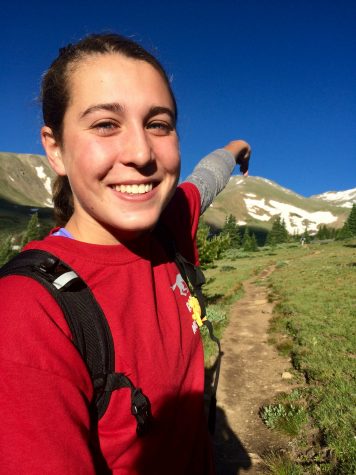
Callin Naddy is a senior at Rocky. She runs on the cross country and track teams and is involved in Student Council. Callin also enjoys eating desserts,...


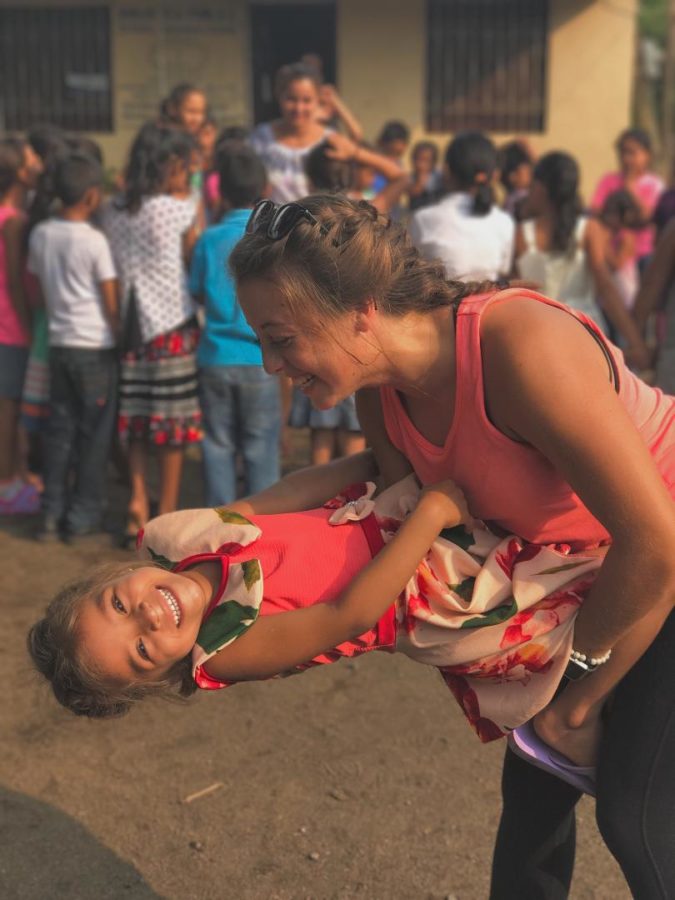
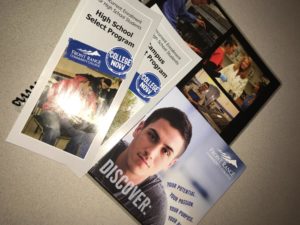
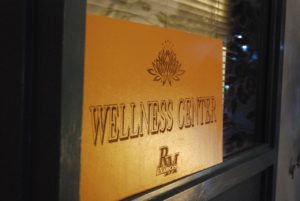
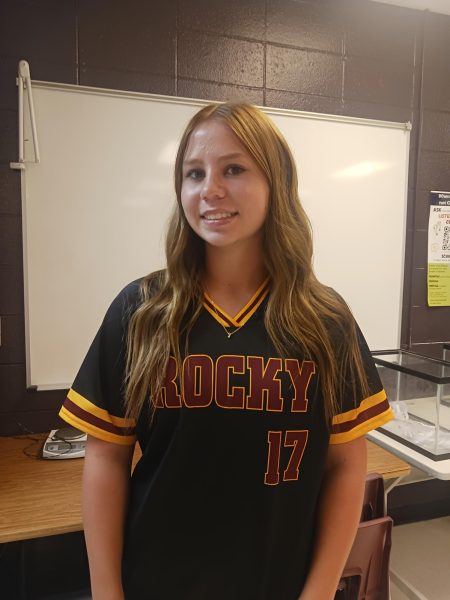
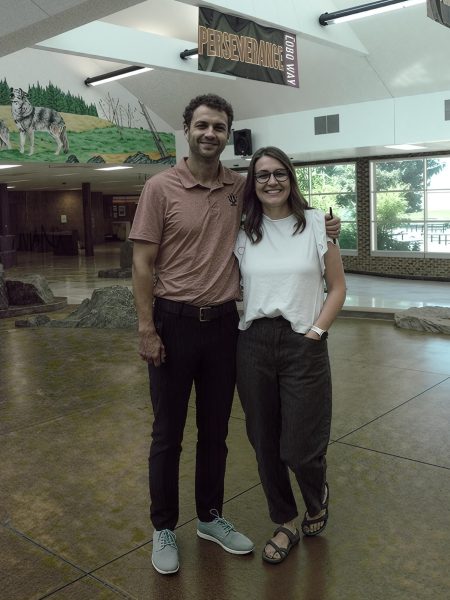

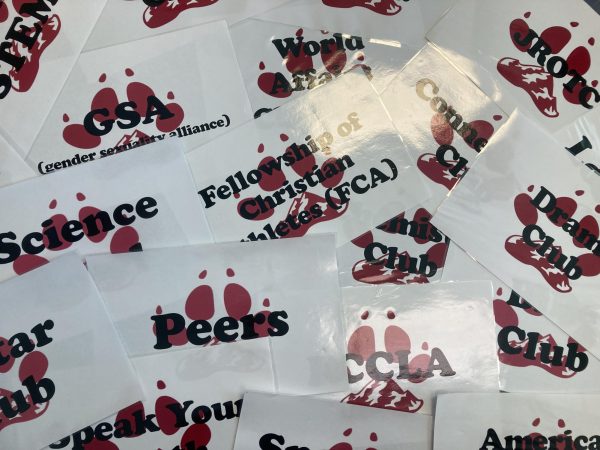


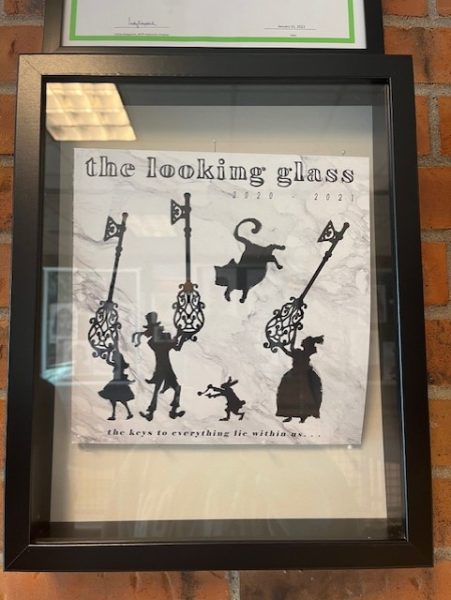
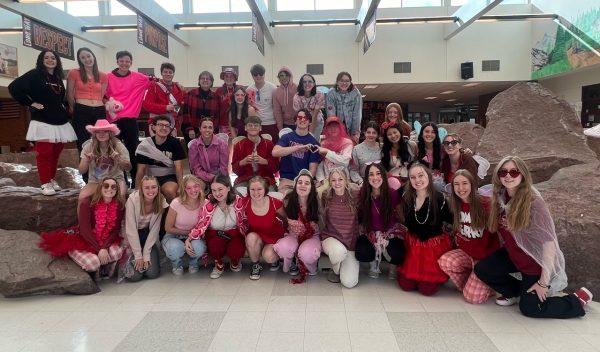
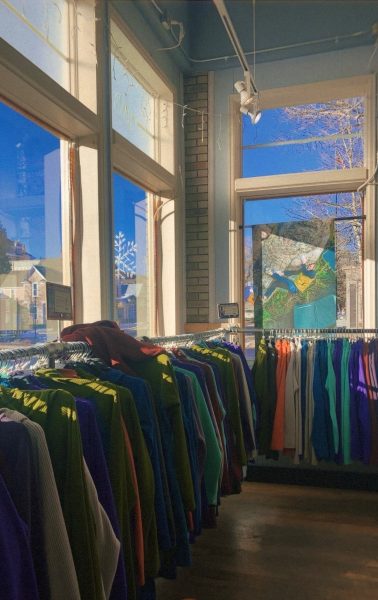
Delaney Kress • May 16, 2018 at 12:29 pm
I think that having a hiatus in between High School and College is a great idea!